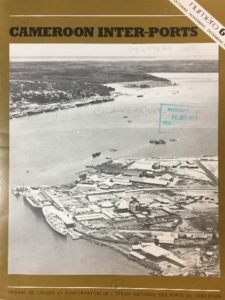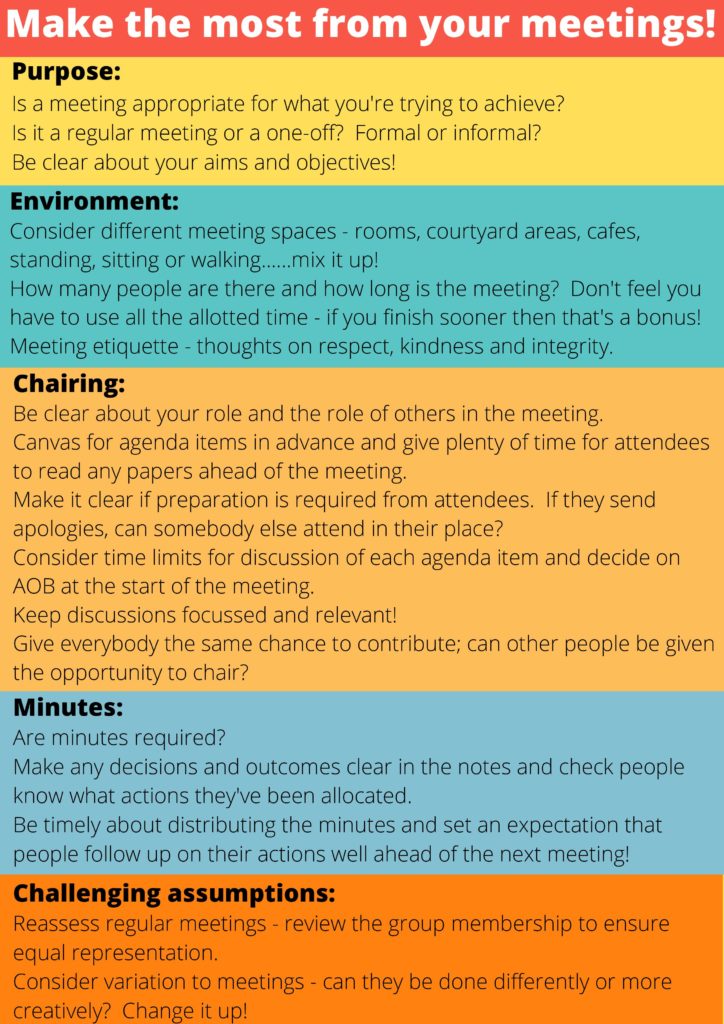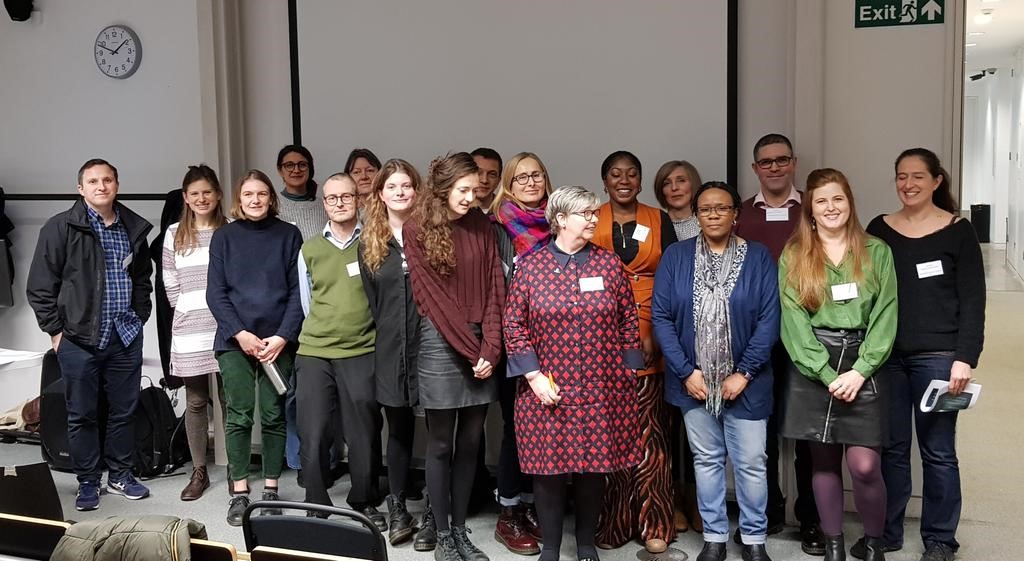By Alice Corble

2020 has been a year of many disruptions. Last month, on the eve of another national lockdown and a nail-biting general election in the US, there was a sense of teetering on yet another precipice. At such times of uncertainty, I reach compulsively for information, which nowadays is almost exclusively digital and online, readily available at the instant swipe of a finger or click of a mouse. It was during this moment, however, that I was barred from doing so, as my home broadband connection broke down and my mobile data and coverage rapidly depleted. Four days of disconnection from the online world of information and communication ensued, filled with much panic and frustration, as well as fruitlessly long calls to Virgin Media tech support in international call centres.
Before long I had little option but to embrace the disconnection and use it as an opportunity for a different kind of focus. I estimate that at least 90% of my job coordinating and facilitating reading lists and library teaching is not possible without an internet connection – probably closer to 100% in the present remote working and learning context. After spending some time tidying up my inbox and reading through old emails and digital documents, I turned away from my screen and picked up a book.
Continue reading


